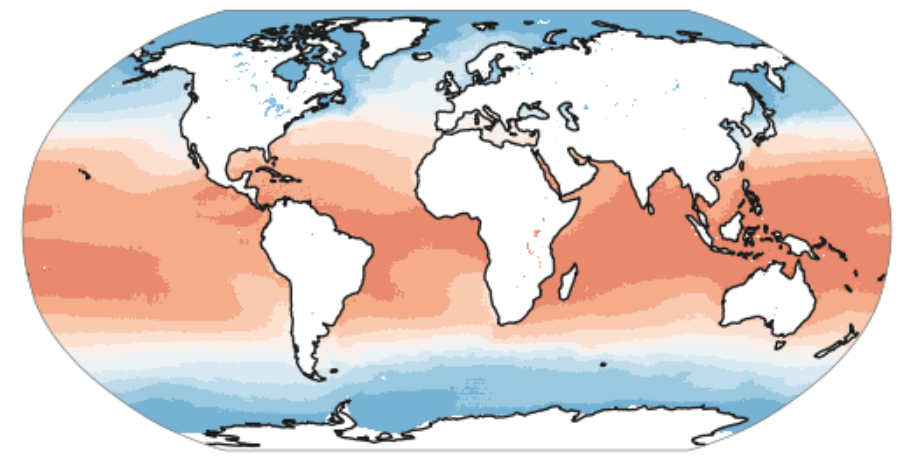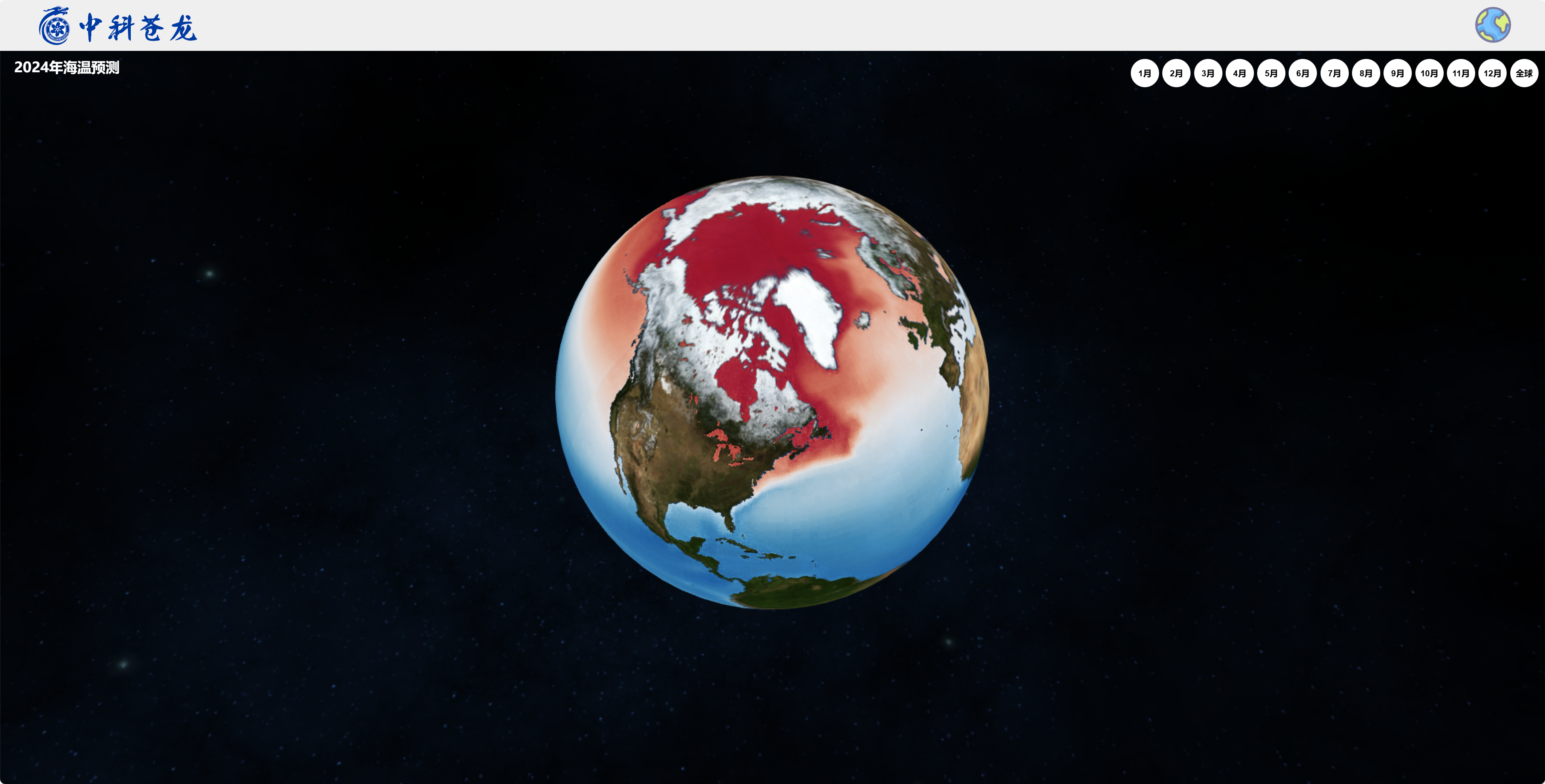CAS-Canglong is a sub-seasonal prediction model
The code is public and reproducible and easily accessible in this repository
Pre-trained models are provided, get them at the figshare link above!
Please consider cite this ref:
Wang, L., Zhang, X., Leung, L. R., Chiew, F. H., AghaKouchak, A., Ying, K., & Zhang, Y. (2024). CAS-Canglong: A skillful 3D Transformer model for sub-seasonal to seasonal global sea surface temperature prediction. arXiv preprint arXiv:2409.05369.
Model trained on 4 × A100 80G GPUs
Model inference does not require a GPU
We trained for about 7 days in the GPU environment described above; in a normal GPU environment, reasoning about Haiwen takes only a few seconds
- python: 3.8
- torch: 2.1.0+cu118
- timm: 1.0.11
- numpy: 1.24.4
Please see the Infer.ipynb notebook
import torch
DEVICE = torch.device("cuda:0")
the_model = torch.load('canglong3_0005_600ep_base.tar') #Get in the figshare
the_model.to(DEVICE)
rmse_list = []
r2_list = []
lead_2 = []
with torch.no_grad():
the_model.eval()
for step, (upper_air, target_surface) in enumerate(test_loader):
upper_air, target_surface = upper_air.to(DEVICE), target_surface.to(DEVICE)
output = the_model(upper_air.cuda())
with torch.no_grad():
sst1 = output[0, 0, 0, :, :].cpu().detach().numpy() * std_all.numpy()[0, 0, 0, 0]
sst2 = target_surface[0, 0, :, :].cpu().detach().numpy() * std_all.numpy()[0, 0, 0, 0]
sst1[ocean_mask] = None
sst2[ocean_mask] = None
lat = np.linspace(90, -90, 721)
lon = np.linspace(0, 359.75, 1440)
sst_dataarray = xr.DataArray(
sst1,
coords=[("lat", lat), ("lon", lon)],
name="sst"
)
fig = plt.figure()
proj = ccrs.Robinson() #ccrs.Robinson()ccrs.Mollweide()Mollweide()
ax = fig.add_subplot(111, projection=proj)
levels = np.linspace(-30, 30, num=19)
plot.one_map_flat(sst_dataarray, ax, levels=levels, cmap="RdBu_r", mask_ocean=False, add_coastlines=True, add_land=False, plotfunc="pcolormesh")
Please see the model.ipynb
A100 80GB GPU recommended
CAS-canglong releases predicted global SSTs on its website


